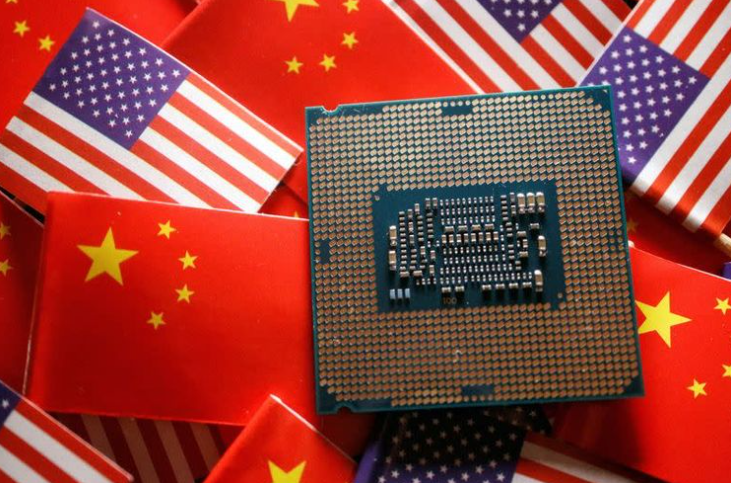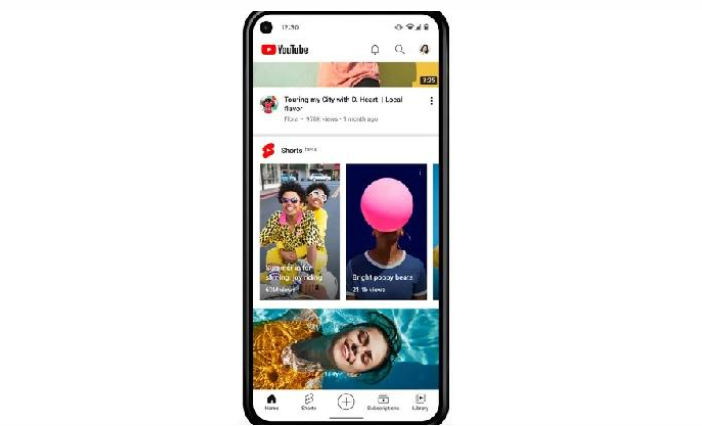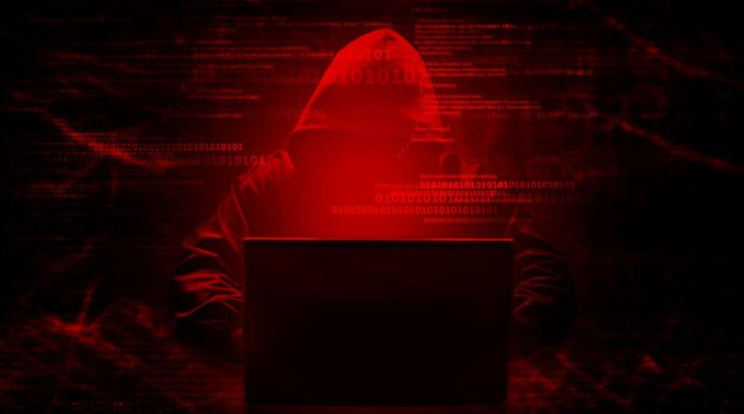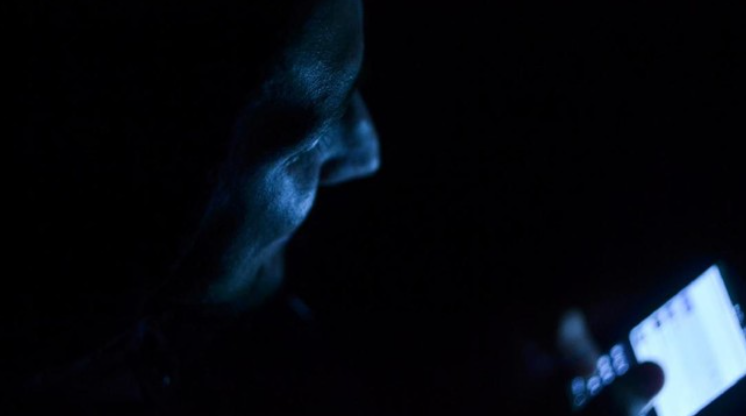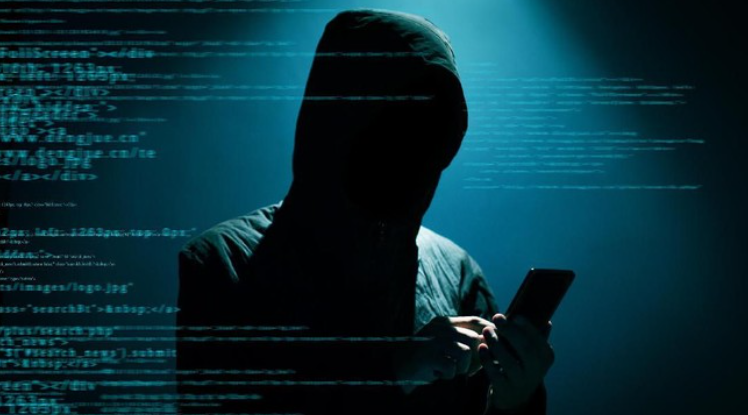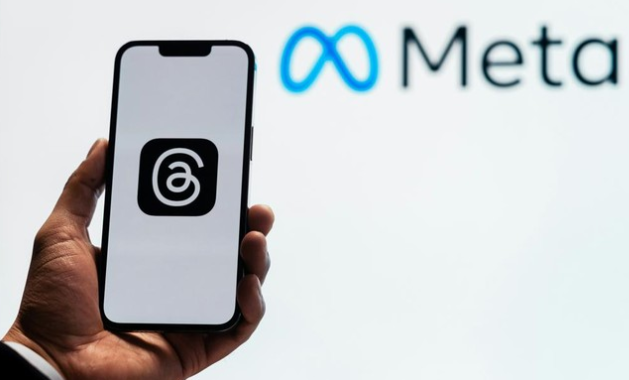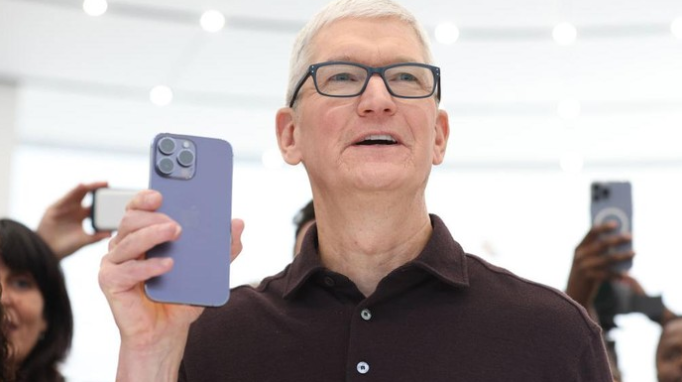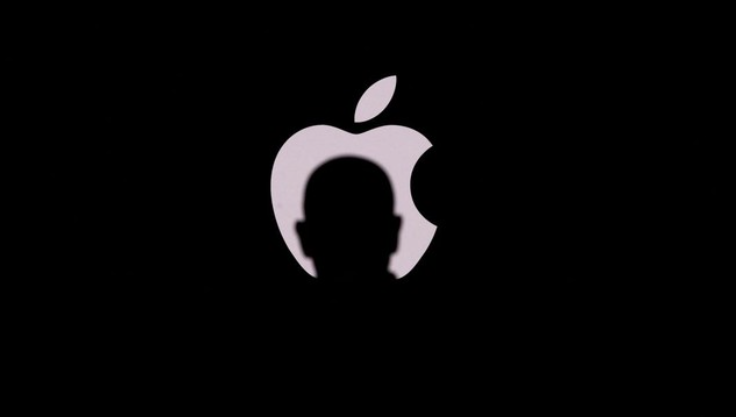Chinese Government Begins to Abandon PCs with Intel and AMD Chips
Morrissey Technology – The Chinese government has begun to impose a ban on the use of Intel and AMD chips in PCs (personal computers/PCs) used in government environments. Not only that, the Chinese government also recommends using a locally made operating system as the main OS, rather than a foreign-made one like Microsoft’s Windows. The reason for the ban is related to privacy. Local governments want to ensure the systems they use are “safe and reliable”. The ban was imposed by the Chinese government after China’s Ministry of Industry and Information Technology released a list of CPUs, operating systems and centralized databases that were deemed to meet the “safe and reliable” criteria. The three lists will be announced in December 2023.
The ministry did not specify the names of vendors including CPU vendors on the list. What is clear is that everything on the list comes from China, as reported by Reuters. It is possible that some of them are Huawei and Phytium. This ban marks a new round of competition between the United States and China, especially in the semiconductor market. The reason is, the US also banned a number of companies from its country from supporting chip development in China. For example, Huawei was prevented from using a number of semiconductor technologies from the US, so it had difficulty developing smartphones that support 5G networks. However, Huawei was finally able to develop its “own” chips, including the Kirin 9000s chip which is the brain of the flagship Mate 60 series cellphone. Because of this capability, the Chinese government’s policy of banning CPUs from Western brands is projected to increase local chip adoption. It is also estimated that this practice will trigger local vendors to innovate, conduct research and develop more sophisticated CPUs FOR4D.
On the other hand, Intel will likely suffer financial losses. The reason is, 27 percent of Intel’s annual sales (Year-on-Year) come from China, compiled by KompasTekno from Wccftech, Monday (25/3/2024). ASN are prohibited from using iPhones. In September 2023, the Chinese government will also prohibit all local State Civil Apparatus (ASN) from using iPhones or foreign-made technological devices while working. They are also prohibited from bringing the device to the office. According to a report by The Wall Street Journal, this ban is an expansion of existing regulations in China. The regulation in question is a rule to reduce dependence on foreign technology, in the midst of increasing foreign cyber security threats. After being implemented in at least three Chinese government ministries and business entities in September 2023, the ban on iPhone use was then expanded to a number of local government agencies in December of the same year. Until the end of last year, several Chinese state-owned companies and government departments in eight provinces had instructed employees not to use iPhones. Some of them are Zhejiang Situs Toto, Shandong, Liaoning and Hebei provinces. In fact, Hebei is the location of the largest iPhone assembly factory in the world. Apart from that, staff are also prohibited from using foreign brand technology devices, not just iPhones. Instead, they are advised to use local brand technology devices.



